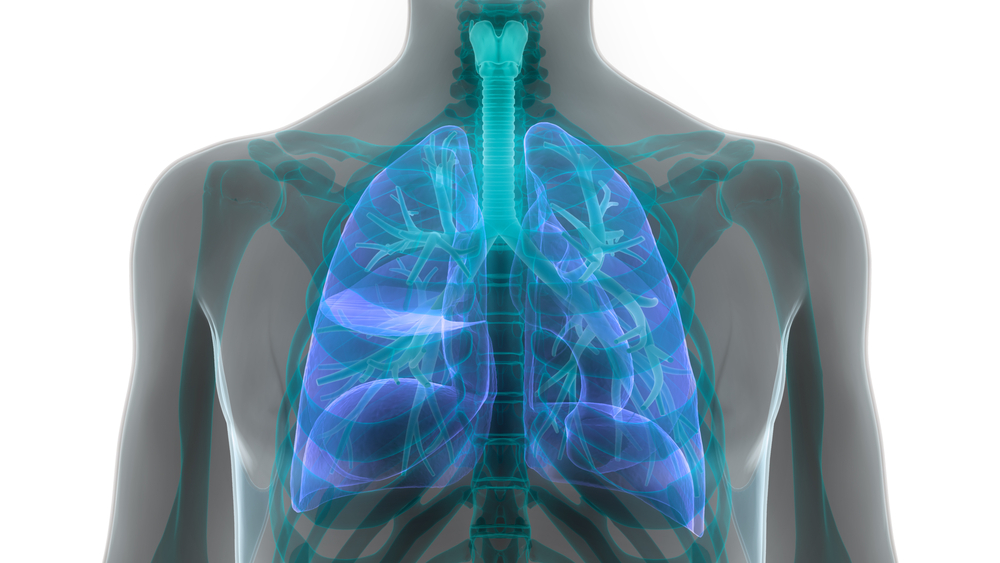Inventiva to Present Positive Data on IVA337 in Lung Fibrosis and PH

Inventiva Pharma recently announced that their abstract titled “PAN-PPAR Agonist IVA337 is Effective in the Prevention of Experimental Lung Fibrosis and Pulmonary Hypertension” has been selected as one of the best papers that will be presented at the 15th International Workshop on Scleroderma Research.
The event will take place Aug. 5-9 at the University of Pittsburgh.
Inventiva has a number of investigational therapies that are at either the clinical or the preclinical development stage for the treatment of fibrotic diseases, lysosomal disease, and oncology. The company’s expertise in the field of nuclear receptors led to the development of one its lead investigational products, IVA337.
IVA337 was granted orphan drug status from both the EMA (European Medicines Agency) and the FDA (U.S. Food and Drug Administration) in the the treatment of systemic sclerosis (SSc). As SSc develops due to skin fibrosis, the positive effects of IVA337 can also be translated to other types of fibrosis, including lung fibrosis.
“We are very pleased to have been selected among the best papers being presented during this international systemic sclerosis congress,” Pierre Broqua, PhD, chief scientific officer and co-founder of Inventiva, said in a press release.
“The congress draws interest from leaders in translational medicine and we are proud to see the high level of interest in the activity of IVA337 among this elite group,” he said.
IVA337 is a new compound that exerts its effect by activating three PPARs (peroxisome proliferator-activated receptors). Multiple studies have shown that PPARs play a significant role in lung fibrosis by regulating inflammation and wound healing. In fact, PPAR agonists have been shown in mouse models to inhibit lung fibrosis significantly.
New data generated from the clinical studies conducted with IVA337 show significant protection from the development of lung fibrosis as well as a restoration of respiratory capacity. The drug also functioned to inhibit pulmonary arteries from remodeling and had a positive impact on pulmonary artery pressure.
“The paper highlights new data, which confirm the wide anti-fibrotic activity of IVA337, especially in the organs of patients affected by SSc,” said Prof. Yannick Allanore, principal investigator and president of EUSTAR (the European Scleroderma Trials and Research group). “The preservation of pulmonary activity is impressive and could indicate that IVA337 could meet a high unmet medical need in SSc patients.”
IVA337 has demonstrated good tolerability, safety, and efficacy in Phase 1 and Phase 2a studies in healthy volunteers and type 2 diabetic patients. A Phase 2b trial is ongoing at more than 50 sites across Europe to determine the drug candidate’s effectiveness as a treatment of SSc.
Inventiva focuses on developing treatments for orphan diseases, which by definition have a high unmet medical need.







